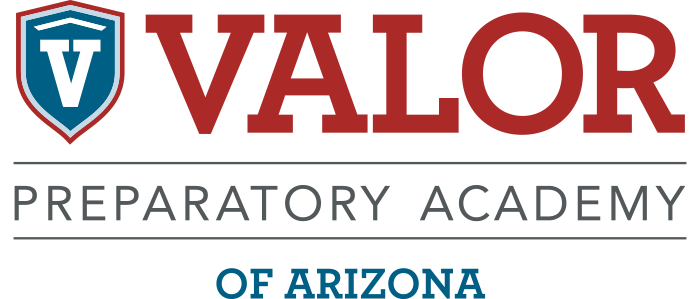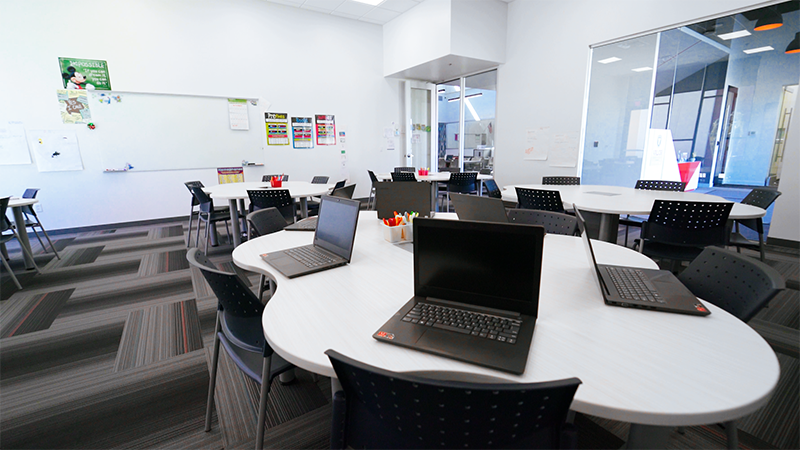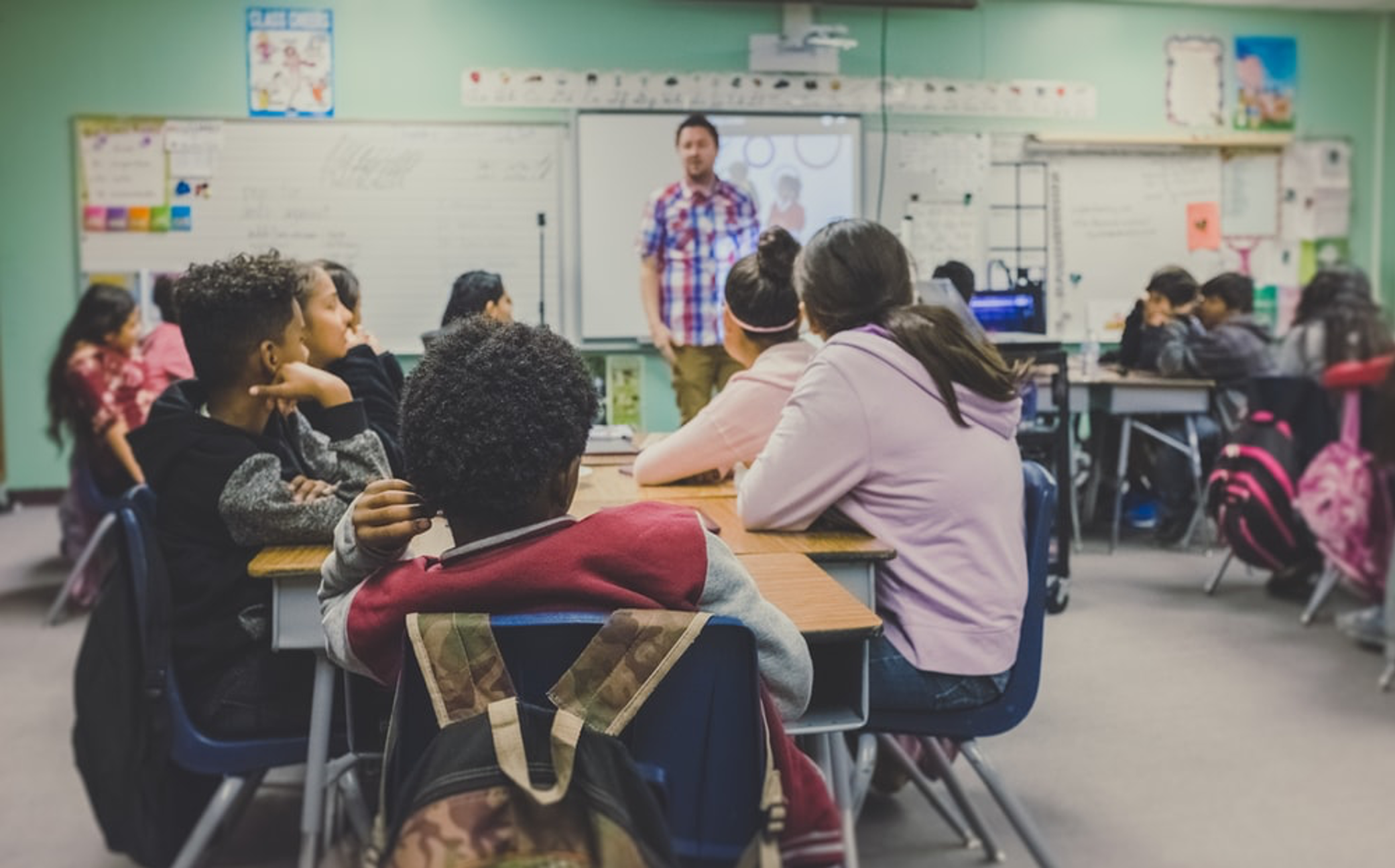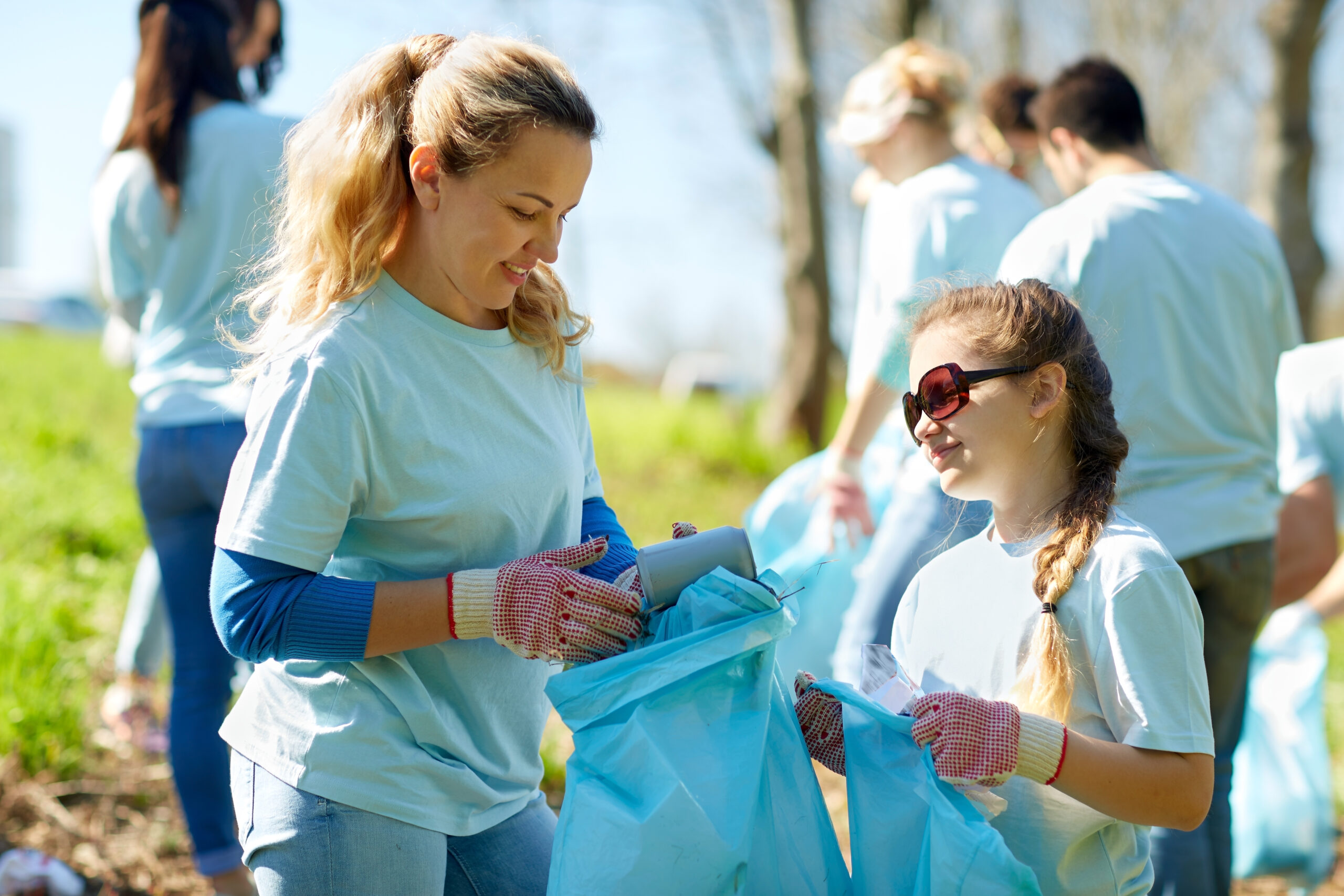Our students learn using rigorous, engaging, and standards-based digital curriculum — for free
Valor Preparatory Academy of Arizona provides students with the free quality education they deserve. Our curriculum and hybrid model focus on developing critical thinking and problem solving in students – one of the many key skills emphasized in the Arizona Learning Standards. Our curriculum is delivered in a face-to- face setting, using station rotation as part of our full-time attendance requirement.




